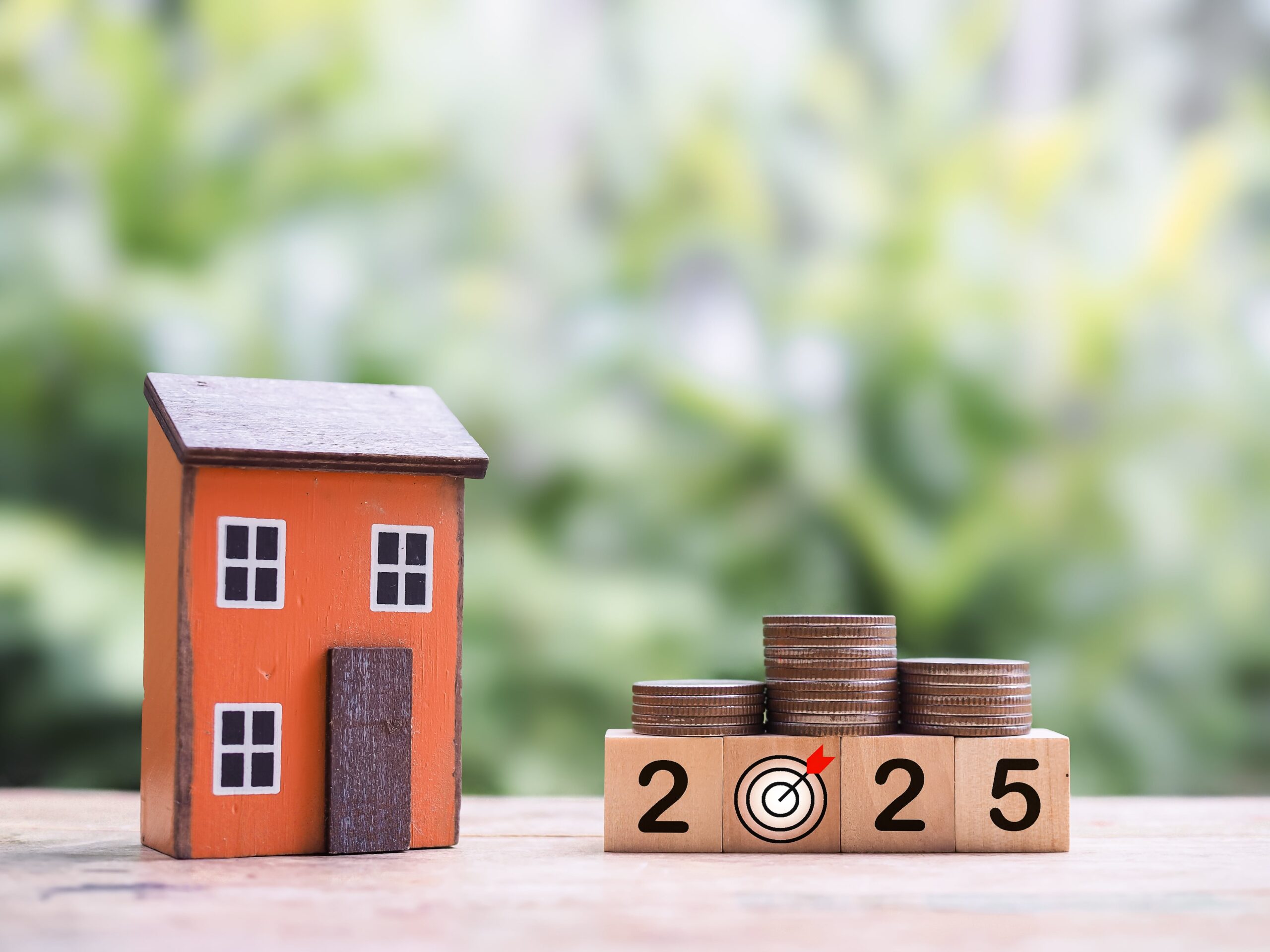
Buying a home is one of the most important—and expensive—decisions many Americans will make. In 2025, with rising home prices and fluctuating interest rates, saving for your first home may seem daunting. But with the right strategy, it’s absolutely possible.
This guide will walk you through how to save for a home in the U.S., how much you’ll really need, how mortgages work, and how to make the process smoother and more affordable.
Why Buying a Home Is Still Worth It
Despite challenges in the housing market, owning a home offers:
- Long-term equity and appreciation
- Tax advantages (mortgage interest, property tax deductions)
- Stable monthly payments (with fixed-rate loans)
- Freedom to renovate, rent out, or sell for profit
Rent money is gone forever—mortgage payments build wealth.
Step 1: Understand How Much You Need to Save
Down Payment
Traditionally, a 20% down payment was the standard—but that’s no longer a must.
| Loan Type | Minimum Down Payment |
|---|---|
| Conventional | 3–5% |
| FHA Loan | 3.5% |
| VA Loan | 0% (for veterans) |
| USDA Loan | 0% (for rural buyers) |
Example: For a $300,000 home, a 5% down payment = $15,000.
Closing Costs
Usually 2–5% of the home’s purchase price. These cover:
- Appraisal and inspection fees
- Loan origination fees
- Title insurance
- Escrow costs
Move-in & Emergency Fund
You’ll also want funds for:
- Movers or truck rental
- Furniture/appliances
- Maintenance and emergency repairs
Step 2: Set a Realistic Savings Goal
Let’s say you want to buy a $350,000 home with a 5% down payment:
- Down Payment = $17,500
- Closing Costs (3%) = $10,500
- Moving/Emergency Fund = $5,000
Total Savings Goal = $33,000
Break that down into monthly savings over 2 years:
- $33,000 ÷ 24 = $1,375/month
Not realistic? Adjust your timeline or home price expectations.
Step 3: Choose the Right Account for Saving
Best options:
- High-Yield Savings Account (HYSA) – Earn 4–5% interest, FDIC insured
- Money Market Account – Similar to HYSA, sometimes with check-writing
- Certificates of Deposit (CDs) – For fixed savings periods
🔒 Avoid using your checking account or risky investments for home savings.
Step 4: Automate and Track Your Progress
- Automate monthly transfers from your checking account
- Use apps like YNAB, Mint, or SoFi to track
- Break it into mini-goals: $5K for down payment, $2K for closing, etc.
Consistency beats large, inconsistent contributions.
Step 5: Improve Your Credit Score
A better credit score = lower interest rates.
| Credit Score | Mortgage Impact |
|---|---|
| 760+ | Best rates (5.5%–6%) |
| 700–759 | Competitive rates |
| 620–699 | Higher rates, more fees |
| Below 620 | Harder to qualify |
Improve your score by paying on time, reducing credit card debt, and avoiding new loans.
Step 6: Learn the Types of Mortgages
| Loan Type | Features | Best For |
|---|---|---|
| Conventional | Requires 3–5% down, better for strong credit | Most first-time buyers |
| FHA | 3.5% down, easier credit requirements | Low credit or first-timers |
| VA | 0% down, no PMI | Veterans and military |
| USDA | 0% down, rural buyers only | Small-town or rural buyers |
Fixed vs Adjustable Rate:
- Fixed-Rate Mortgage – Interest stays the same (safest for budgeting)
- ARM – Starts low, may adjust higher later (riskier)
Common Mistakes First-Time Buyers Make
- Not getting pre-approved before shopping
- Forgetting about property taxes & insurance
- Underestimating maintenance costs
- Emptying savings to buy the home
- Not shopping around for lenders
Tips to Accelerate Your Savings
- Cut subscriptions or dining out for 6–12 months
- Funnel your tax refund or bonus into your home fund
- Take on a short-term side hustle
- Sell unused items (furniture, electronics, clothes)
Every dollar counts—and compounds.
Tools to Help You Save for a Home
- NerdWallet Home Affordability Calculator
- Zillow Mortgage Calculator
- SoFi Home Loan Tracker
- Rocket Mortgage App
- Credit Karma for credit score monitoring
Conclusion: Homeownership Starts with a Plan
Saving for a home in 2025 requires discipline, strategy, and patience—but it’s achievable. Whether you’re buying in a hot market or waiting for rates to drop, starting your savings plan today is the best move you can make.
Focus on a realistic goal, choose smart tools, and take it step-by-step. Your dream home is within reach—you just need a roadmap to get there.